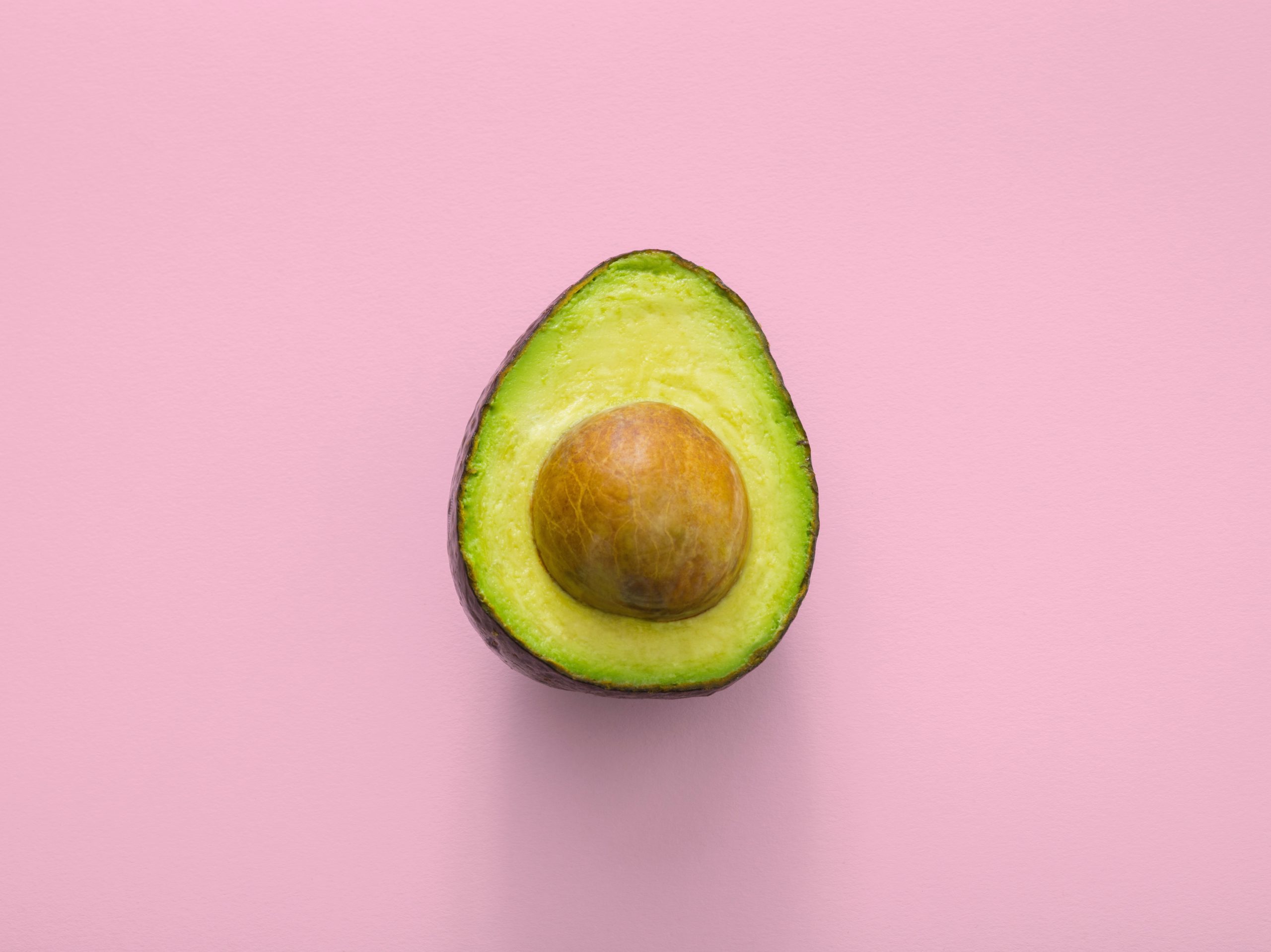
05 Mar The Ultimate Guide to Fats
If there is one area of nutrition that causes a lot of confusion, it’s fats. Far from being unhealthy, fattening and best kept to an absolute minimum as was once believed, good fats are essential for health.
Every cell in our body has a membrane made from fats. Our brain is nearly 60% fat. Fats are needed to make hormones and to enable the absorption of fat soluble nutrients – vitamins A, D, K and E. And if you’re not sold on the health benefits, a low fat diet isn’t an effective way to lose weight either.
Some types of fat are significantly healthier than others. So which should you be embracing and which should you be avoiding at all costs? Here’s a short guide to the most common fats in our diet…
AVOCADO OIL
There are now a significant number of clinical studies showing that avocado consumption helps support cardiovascular health due to their monounsaturated fats – the fat linked to the health benefits of olive oil. Avocado oil has a high smoke point (the point at which heat damages a fat), so it’s a good choice of fat to cook with.
BUTTER
As humans we were not designed to consume cows milk products, but that’s a topic for another post. Some people can tolerate dairy, others can’t. Butter is made up of over 50% saturated fat and our individual genetic makeup dictates how well we tolerate saturated fat. While some people do ok with it in their daily diet, others are better off keeping their intake to a minimum. Whether or not eating butter regularly is good for your health is very much down to your own unique makeup. If you do choose to eat butter I would advise you to eat it in moderation and always opt for organic.
COCONUT OIL
Coconut oil has some interesting health benefits. It is particularly rich in a fatty acid called lauric acid, which can help kill harmful bacteria. Medium chain triglyceride (or MCT) fats in coconut oil have been shown to boost metabolism slightly and increase feelings of fullness compared to other fats. Coconut oil is a good oil for cooking due to it’s high smoke point – over 90% of the fatty acids in it are saturated, which makes it very resistant to heat. That said, as mentioned with butter, it’s still a good idea to moderate saturated fat intake. Just because it’s the cool fat-of-the-moment, don’t go crazy with it.
FLAXSEED OIL
Flaxseed oil is a good vegetarian / vegan source of Omega 3. If you don’t eat fish it’s the next best thing. Flaxseed oil is good to dress salads with or you can add it to smoothies. Don’t cook with flaxseed oil as it is likely to damage when heated.
MARGARINE
Margarine is hands down one of the worst types of fats you could consume. If you have any type of margarine in your fridge, go and put it in the bin right now! Most margarine is made by chemically altering vegetable fats (which are liquid at room temperature) to solidify them. This process is known as hydrogenation and it turns the fat into a hydrogenated trans fat, completely unnatural and alien to our body. They have now been banned in a number of countries and are particularly damaging to health. Some fast food and takeaway outlets use hydrogenated fats for deep fat frying with so be wary of this.
OLIVE OIL
Olive oil is well known for it’s numerous health benefits. It contains mostly oleic acid (omega 9) – a monounsaturated fat. Olive oil has been linked to lower incidence of high blood pressure, stroke and has been shown to lower the amount of oxidized LDL cholesterol circulating in your bloodstream. As with all of these fats, quality is key. Choose a cold pressed, organic, quality olive oil and don’t cook with it at high temperatures. Olive oil is delicious used as a dressing for salads and vegetables.
RAPESEED OIL
Like avocado and olive oils, rapeseed oil is primarily omega 9. There is a big difference between the cold pressed, naturally produced rapeseed oil and the highly processed and refined ones. Look out for the richly coloured golden rapeseed oil in a glass bottle and avoid the yellow ones usually found in a plastic bottle. Rapeseed oil is one of the better oils to cook with but you can also make salad dressings with it.
SUNFLOWER OIL
The ratio of omega 3 to omega 6 we consume is important in maintaining good health. Many of us consume far too much omega 6 and nowhere near enough omega 3. Sunflower oil is high in omega 6 which is pro inflammatory so it’s best avoided.
In summary it’s important to embrace a variety of healthy fats as part of a nutritious, balanced diet.
TIPS FOR HEALTHY FAT CONSUMPTION:
- The quality of fats you choose is important – choose cold pressed, minimally processed / refined oils.
- Avoid buying oils in plastic bottles. Always choose glass.
- Don’t heat fats to a very high temperature – the point at which they smoke is the point at which they have become damaged and bad for your health.
- Avoid margarine and sunflower oil wherever possible.
- Avocado, coconut and rapeseed oils are the good fats to cook with but avoid very high temperatures.
- Use olive oil and flaxseed oil to dress your salads.


